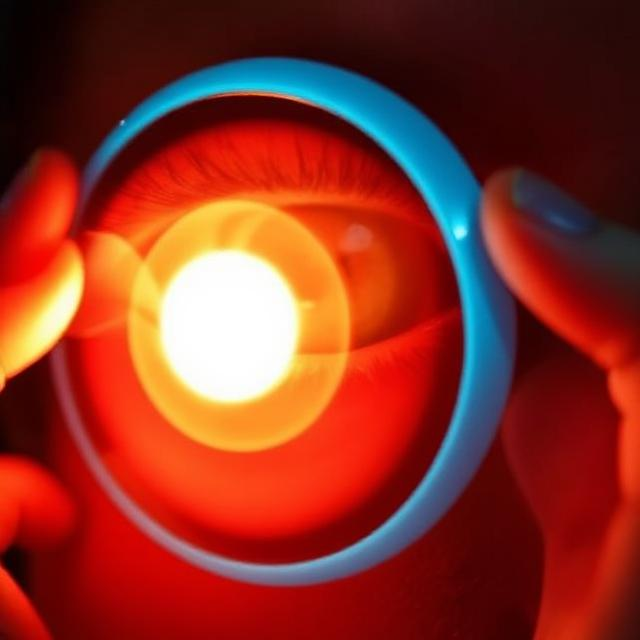The idea that red wine can extend your life and improve health often centers around a compound called resveratrol, which is found in the skin of red grapes and therefore present in red wine. Resveratrol has gained popularity due to its association with the French Paradox, a phenomenon where the French population experiences relatively low rates of heart disease despite consuming a diet high in saturated fats. This has often been attributed, in part, to the consumption of red wine, which contains resveratrol.
So, can red wine really extend your life? Let’s break down the truth behind resveratrol and its potential health benefits.
1. What is Resveratrol?
Resveratrol is a polyphenol (a type of antioxidant) found in a variety of plants, including grapes, blueberries, peanuts, and dark chocolate, with the highest concentration found in red wine due to its presence in the skins of red grapes. It has gained significant attention because of its potential anti-aging and disease-fighting properties.
2. Potential Benefits of Resveratrol
Research on resveratrol has shown promising results in animal models, and some studies suggest potential benefits for humans. However, it’s important to note that the human studies are still ongoing, and many of the findings in animals may not directly translate to humans. Here’s what we know so far:
A. Heart Health
- Resveratrol has been shown to have cardioprotective effects, which means it may help protect the heart and blood vessels.
- It’s believed that resveratrol may help reduce inflammation, improve blood vessel function, and reduce the risk of blood clots. It can also increase the levels of good HDL cholesterol while lowering bad LDL cholesterol.
- Some studies suggest that resveratrol helps relax blood vessels, improving blood flow and potentially lowering blood pressure, which is beneficial for heart health.
B. Anti-Aging and Longevity
- Resveratrol has been shown to activate sirtuins, a group of proteins that are involved in regulating cellular health, DNA repair, and longevity. These proteins are thought to play a role in promoting healthy aging and protecting against age-related diseases.
- Sirtuins are activated by caloric restriction (a well-known method for promoting longevity in animal studies), and resveratrol mimics some of the effects of caloric restriction, making it a potential anti-aging agent.
- However, while resveratrol has shown the ability to activate sirtuins in lab settings, its effects on human lifespan and healthspan (the period of life spent in good health) are still not fully understood. The amount of resveratrol needed to see these effects in humans may be much higher than what is found in a typical glass of wine.
C. Anti-Inflammatory and Antioxidant Properties
- Resveratrol is an antioxidant, which means it helps neutralize free radicals—unstable molecules that can cause oxidative stress and damage cells. Oxidative stress is a key factor in aging and the development of chronic diseases like heart disease, cancer, and neurodegenerative diseases.
- By reducing oxidative stress and inflammation, resveratrol may help reduce the risk of age-related diseases, such as Alzheimer’s and Parkinson’s, though more research is needed to confirm this.
D. Blood Sugar Regulation and Diabetes Prevention
- Some studies suggest that resveratrol may help regulate blood sugar levels by improving insulin sensitivity. This could be particularly beneficial for preventing and managing type 2 diabetes.
- Resveratrol may also help reduce insulin resistance, which is a key factor in the development of metabolic conditions like diabetes.
E. Cancer Prevention
- Some preliminary studies have shown that resveratrol has anticancer properties. It has been found to slow the growth of cancer cells and inhibit the spread of tumors in animal models.
- Resveratrol may also enhance the effects of certain cancer treatments, such as chemotherapy, and help protect healthy cells from cancer-causing damage. However, human studies in this area are still limited, and more research is needed before it can be recommended as a cancer treatment.
3. How Much Resveratrol is in Red Wine?
While resveratrol is present in red wine, the amount found in a single glass is relatively small. The concentration of resveratrol varies depending on the type of wine, the grape variety, and the fermentation process. On average, a glass of red wine (about 5 oz or 150 ml) contains about 0.2 to 2 mg of resveratrol.
To achieve the doses of resveratrol shown in laboratory studies (which range from 5 to 500 mg per day), you would have to consume several bottles of wine daily—something that is clearly not advisable due to the health risks of excessive alcohol consumption.
4. The Downside of Drinking Red Wine
While resveratrol in red wine may have some health benefits, drinking alcohol in excess can be harmful and outweigh any potential benefits. Some of the risks of excessive alcohol consumption include:
- Increased risk of liver disease and heart disease.
- Higher risk of cancer, particularly cancers of the mouth, throat, liver, breast, and colon.
- Addiction and mental health issues, including depression and anxiety.
- Weight gain and increased blood pressure.
It’s important to note that moderation is key when it comes to alcohol. The American Heart Association recommends limiting alcohol intake to one drink per day for women and two drinks per day for men.
5. Can Resveratrol Alone Extend Your Life?
Despite the promising findings in laboratory studies, there is no conclusive evidence to suggest that resveratrol, whether from red wine or supplements, can dramatically extend human life. The effects observed in animals have not yet been proven to have the same impact on humans, especially at the levels of resveratrol that can be consumed through drinking wine.
While resveratrol may contribute to better heart health, reduced inflammation, and improved metabolism, it is only one piece of the puzzle. A healthy lifestyle that includes a balanced diet, regular physical activity, stress management, and adequate sleep is far more important for longevity and overall health.
6. The Bottom Line: Can Red Wine Extend Your Life?
- Resveratrol in red wine does have potential health benefits, including improving heart health, reducing inflammation, and possibly supporting anti-aging mechanisms.
- However, the amount of resveratrol in red wine is relatively small, and it is unlikely that drinking red wine alone will significantly extend your life. To benefit from resveratrol’s effects, you would likely need to consume higher amounts than what you would get from drinking wine alone.
- The negative health effects of excessive alcohol consumption, such as liver damage, addiction, and cancer risk, must be taken into account. Drinking red wine in moderation (1–2 glasses per day) may offer some health benefits, but it should not be viewed as a “magic elixir” for longevity.
- A well-balanced diet rich in whole plant foods, exercise, and other healthy lifestyle choices will likely have a much larger impact on your overall health and lifespan.
While the idea of drinking red wine to live longer is appealing, the truth is that moderation is key, and it’s not the only or best approach to health and longevity.






